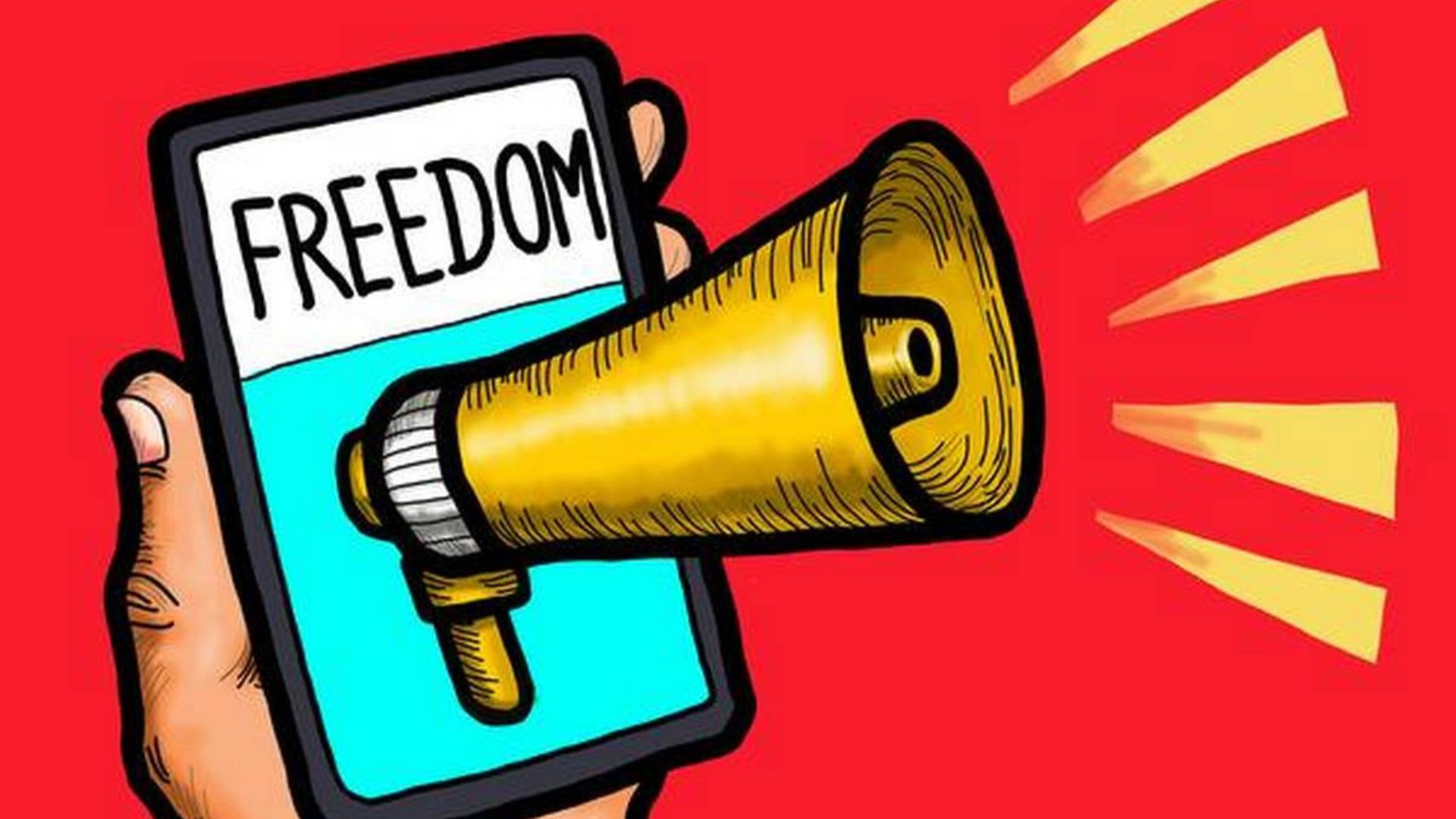|
Getting your Trinity Audio player ready...
|
Internet censorship, a response to the challenges posed by the ever-evolving digital landscape, introduces a complex dynamic to the delicate balance between freedom of speech and the regulation of online content. As the internet cements itself as an indispensable platform for communication, information dissemination, and the exchange of ideas, the implications of censorship on our fundamental right to express opinions and share thoughts become increasingly pronounced. This article aims to unravel the intricacies surrounding internet censorship and explore the nuanced impact it has on freedom of speech in the digital age.
The Evolution of the Internet
The Internet started as a decentralized network designed to facilitate communication and information sharing among researchers. Over the years, it has grown exponentially, transforming into a global phenomenon that connects people across borders, cultures, and ideologies. As the internet expanded, so did the challenges associated with maintaining a space for unrestricted expression while mitigating potential harm.

Censorship: A Necessary Evil?
Internet censorship is often implemented to regulate content that may be deemed harmful, illegal, or offensive. Governments, organizations, and even online platforms may enforce censorship policies to protect citizens, maintain public order, or prevent the spread of misinformation. While these intentions may be noble, the execution of censorship raises concerns about its impact on freedom of speech.
One argument in favor of censorship revolves around the need to safeguard society from harmful content. Child pornography, hate speech, and calls for violence are often cited as examples of content that should be restricted to maintain a safe online environment. Proponents argue that limiting such material is essential for protecting vulnerable individuals and upholding societal values.
On the other hand, critics argue that censorship poses a threat to freedom of speech, a fundamental right that empowers individuals to express their thoughts, opinions, and ideas without fear of reprisal. They contend that a slippery slope exists, where well-intentioned censorship efforts could potentially lead to overreach, stifling legitimate discourse and dissent.
The Global Patchwork of Internet Censorship
Furthermore, one of the challenges in addressing internet censorship is the lack of a unified global standard. Different countries adopt varying approaches, reflecting diverse cultural, political, and social perspectives. While some nations strictly control online content to maintain political stability, others prioritize preserving freedom of speech, even in the face of potential risks. For instance, China operates one of the most sophisticated and comprehensive internet censorship systems, often referred to as the “Great Firewall.” Controlling dissent effectively, this approach has faced widespread criticism for suppressing free expression.In contrast, countries like Sweden and Iceland are known for their commitment to protecting freedom of speech, even in the online realm. However, this approach may expose citizens to potentially harmful content, raising questions about the delicate balance between freedom and responsibility.
Corporate Control and Content Moderation
In addition to government-imposed censorship, major online platforms play a pivotal role in shaping the digital landscape through content moderation. Social media giants like Facebook, Twitter, and YouTube implement policies to curb the dissemination of misinformation, hate speech, and other harmful content within their ecosystems.
While these platforms argue that content moderation is necessary to maintain a safe and inclusive online environment, they face criticism for perceived biases and arbitrary decision-making. The concentration of influence in the hands of a few private entities has sparked debates about the power these companies wield in determining what content is allowed or removed.
The Threat of Misinformation
Furthermore, one of the driving forces behind internet censorship initiatives is the growing concern over the spread of misinformation. In an era of rapidly disseminated information, false or misleading content can have severe consequences, ranging from public health crises to political instability. Governments and platforms alike grapple with the challenge of curbing the influence of misinformation while respecting the principles of free speech.
Striking a Balance
The question that arises is how to strike a balance between internet censorship and freedom of speech. Achieving this delicate equilibrium requires a nuanced approach that considers the unique challenges posed by the digital landscape.
- Transparent Policies: Governments and online platforms should adopt clear and transparent censorship policies, outlining the criteria for content restrictions. This transparency fosters trust among users and helps prevent arbitrary or biased censorship.
- International Cooperation: The global nature of the internet demands international collaboration to address the challenges of censorship. Establishing common principles and standards can help create a framework that respects diverse perspectives while addressing shared concerns.
- User Empowerment: Empowering users to make informed decisions about the content they consume is crucial. Providing tools for content filtering, fact-checking, and digital literacy can help individuals navigate the online landscape responsibly.
- Ethical Content Moderation: Online platforms should prioritize ethical content moderation practices that uphold freedom of speech while curbing harmful content. Implementing robust mechanisms for appealing moderation decisions can ensure accountability and fairness.
Conclusion
In conclusion, the complex interplay between internet censorship and freedom of speech requires a thoughtful and inclusive approach. Striking the right balance involves navigating through cultural, political, and ethical considerations while addressing the evolving challenges of the digital age. As we continue to shape the future of the internet, it is essential to foster open dialogue, embrace transparency, and uphold the principles that underpin a healthy democratic society. Ultimately, finding common ground is not just a technological or legal challenge but a collective endeavor to preserve the essence of a free and interconnected global community.
You might be interested in:
- Understanding the Significance of Computer Literacy
- The Evolution of Internet Privacy
- The Evolution of Computer Technology
- Essential Tips for Protecting your PC from Viruses





